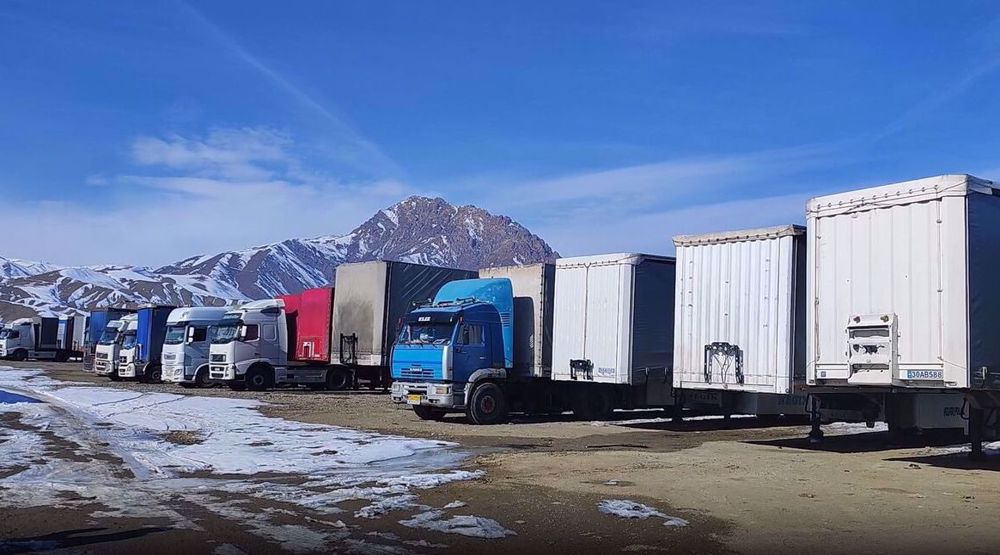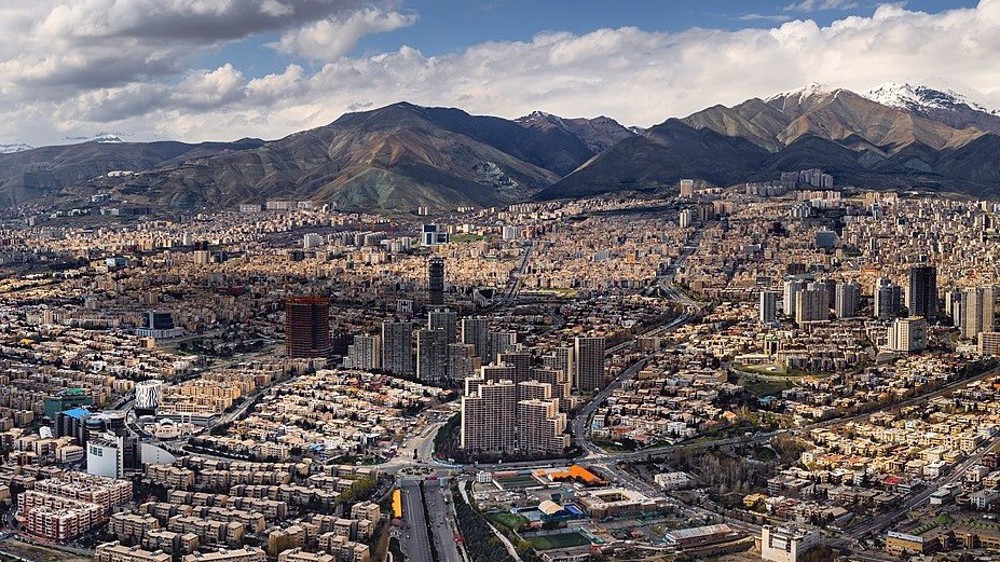Iranian minister in Pakistan as neighbors seek launch of barter
Iran’s Minister of Industry, Mine and Commerce Reza Rahmani has travelled to Pakistan to follow up on an idea floated during a recent meeting between leaders of the two neighboring countries to set up a barter exchange mechanism for trading goods.
The official IRNA news agency said on Thursday that Rahmani had departed from the southeastern Iranian city of Zahedan for Pakistani capital Islamabad earlier in the day to attend the eight round of the Pak-Iran Joint Trade Committee.
The report said Rahmani met with business leaders and entrepreneurs from the border province of Sistan and Balochestan just before the trip to Pakistan.
The meeting was apparently in line with Rahmani’s main objective from the trip to Pakistan which is to expedite efforts to set up a barter committee between the two neighbors to help them trade amid sanctions imposed on Iran by the United States.
Establishing the barter committee was agreed during a trip in April to Tehran by Pakistan Prime Minister Imran Khan. The idea came after the two sides failed to finalize a long-awaited agreement on free trade, citing reasons such as US sanctions and the fact that a previous preferential trade deal, signed in 2006, had failed to fully materialize.
Pakistani media said the issue of the barter committee was high on the agenda in Rahmani’s first meeting in Islamabad on Thursday.
The ARY News TV channel said the Iranian minister met Abdul Razak Dawood, a senior advisor to Pakistani premier, where the two officials discussed the need to identify trade items that could properly work in a barter mechanism.
Before his trip to Pakistan, Rahmai hinted that Iran could offer Islamabad an array of export items manufactured in the Iranian construction sector and barter them for Pakistan’s agricultural and pharmaceutical products.
The current value of trade between Iran and Pakistan is worth more than $1.3 billion although US sanctions on Tehran have reportedly affected normal trade activities between the two neighbors.
Iran and Pakistan have declared that they could still pursue a target of $5 billion worth of bilateral trade if they could work on mechanisms like barter.

Iran, Turkey to resolve issue of stranded trucks soon: Minister

Iran’s second copper mine reports 3-fold rise in deposits

The dilemma of relocating capital from Tehran
Netanyahu not invited to Trump’s inauguration, aide says
Jan. 9: ‘Axis of Resistance’ operations against Israeli occupation
VIDEO | Press TV's news headlines
Gaza death toll 40% higher than recorded, Lancet study estimates
VIDEO | Lebanon elects new president
Scores killed as US, Turkish proxies clash in northern Syria
At least 5 dead as wildfires devour districts across Los Angeles
VIDEO | Press TV's news headlines








 This makes it easy to access the Press TV website
This makes it easy to access the Press TV website